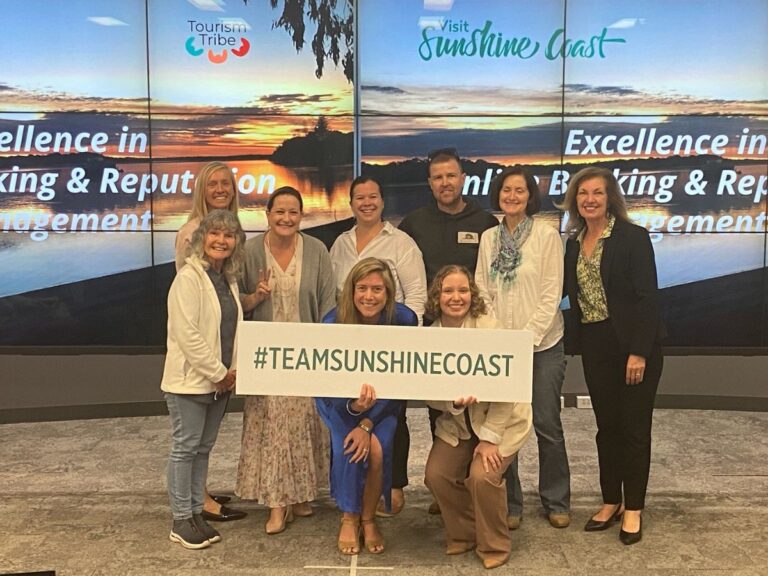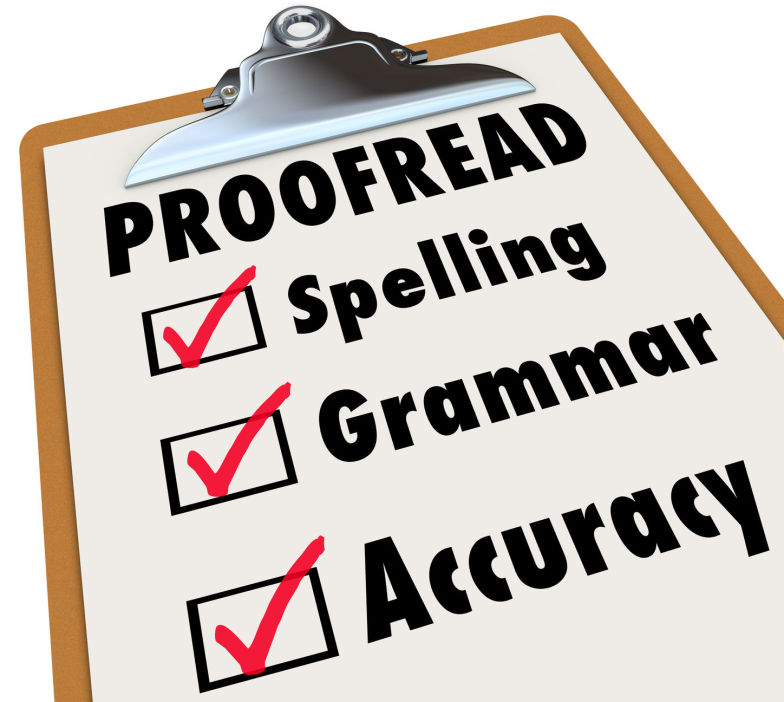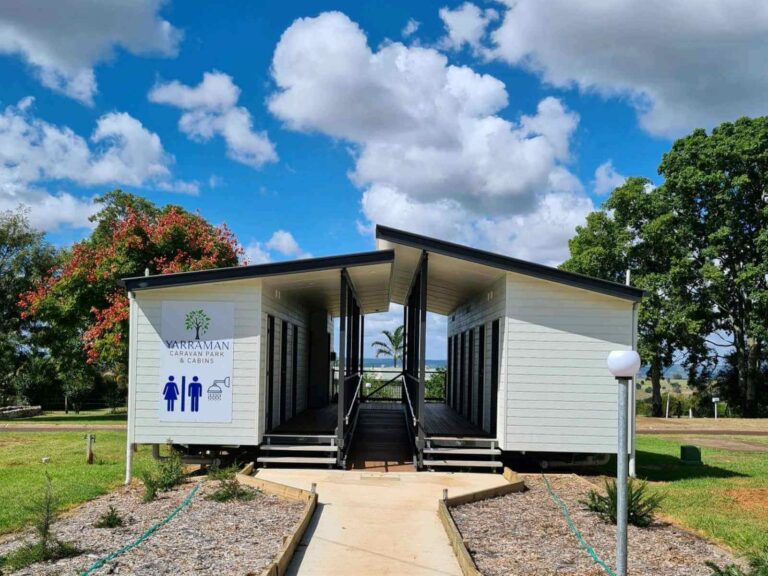
Visit Sunshine Coast SHINE Digital Transformation Program – Tourism Tribe Training
Shining a spotlight on tourism businesses committed to digital upskilling in an increasingly digitised world through our successful Tourism Tribe Training Program

If customers are looking through a list of tourism businesses, you need to give them a reason to stop their search at you. Writing up a list of the features or facilities that you offer won’t do it.
The key is to focus on the benefits you can offer your customers.
Your content and in particular the description is your chance to tell your customers a little of the WHAT and a lot of the WHY.
The WHY are your benefits; the ‘what’s in it for me’ factor. If you haven’t done it already, write up your benefits. Knowing and promoting your benefits will help you attract more customers.
Once you’ve identified your benefits, ask yourself which ones are unique to your business. That special difference is your Unique Selling Proposition (USP). It’s important to include your USP towards the beginning of your description so potential customers can immediately differentiate you from your competitors.
In today’s busy world people want access to the most important information ‘now’. Your first sentence should mention your business or event name to help with search engine optimisation. It also needs to include your unique selling proposition. Include your other benefits at the very top of your description so they don’t get missed by someone too busy to read to the bottom.

If you’re still not sure about your USP, get some inspiration by asking a contented guest or looking at your positive reviews on Tripadvisor (www.tripadvisor.com.au). Go and experience what your competition offers. At the very least, check out their website or their Trip Advisor review and look for what you offer that others don’t.
For more information on Unique Selling Propositions, check out www.business.qld.gov.au/business/running/marketing/advertising/create-selling-proposition
Members can also read this tutorial it’s written to assist you with your ATDW listing but the same principles apply to your own web presence
Short sentences are the easiest and quickest to read online. It’s that simple. Make sure you only include one key message/benefit per sentence. Limit your sentences to 10 words or less. You’ll improve your online promotion by giving your customers quick access to your best points.
Don’t use acronyms or abbreviations in description. Most people won’t know what you mean.
Avoid italics, bolds, ampersands (&) and special characters whenever possible. They can detrimentally affect the way your listing appears on some websites.
Write as you talk. Use your personal voice and try to express your personality: “Are you interested in relaxing and unwinding? These beds are so comfortable you’ll want to sleep in. Try their great food and enjoy not having to cook.” Your personal voice adds authenticity to your business and to your online presence.
The need for authenticity was supported by the introduction of the Google Hummingbird algorithm. An algorithm is a ‘recipe’ to rank websites based on different factors. Hummingbird uses semantics (the analysis of the relationship between words) to rank results and prioritise pages. Semantics focuses on crafting content to answer the specific questions your target market may have. Listing your benefits will help answer these questions up front.
Nothing annoys a customer more than discovering outdated information.
Enter events as early as possible so customers can plan ahead and include you in their visit.


Shining a spotlight on tourism businesses committed to digital upskilling in an increasingly digitised world through our successful Tourism Tribe Training Program

Discover the path to small business success through Tania’s inspiring journey at Yarraman Caravan Parks & Cabins and gain valuable insights from her expert advice.

In today’s digital world, the power of online accessibility is one of the most understated search engine optimisation (SEO) strategies, and here you will find